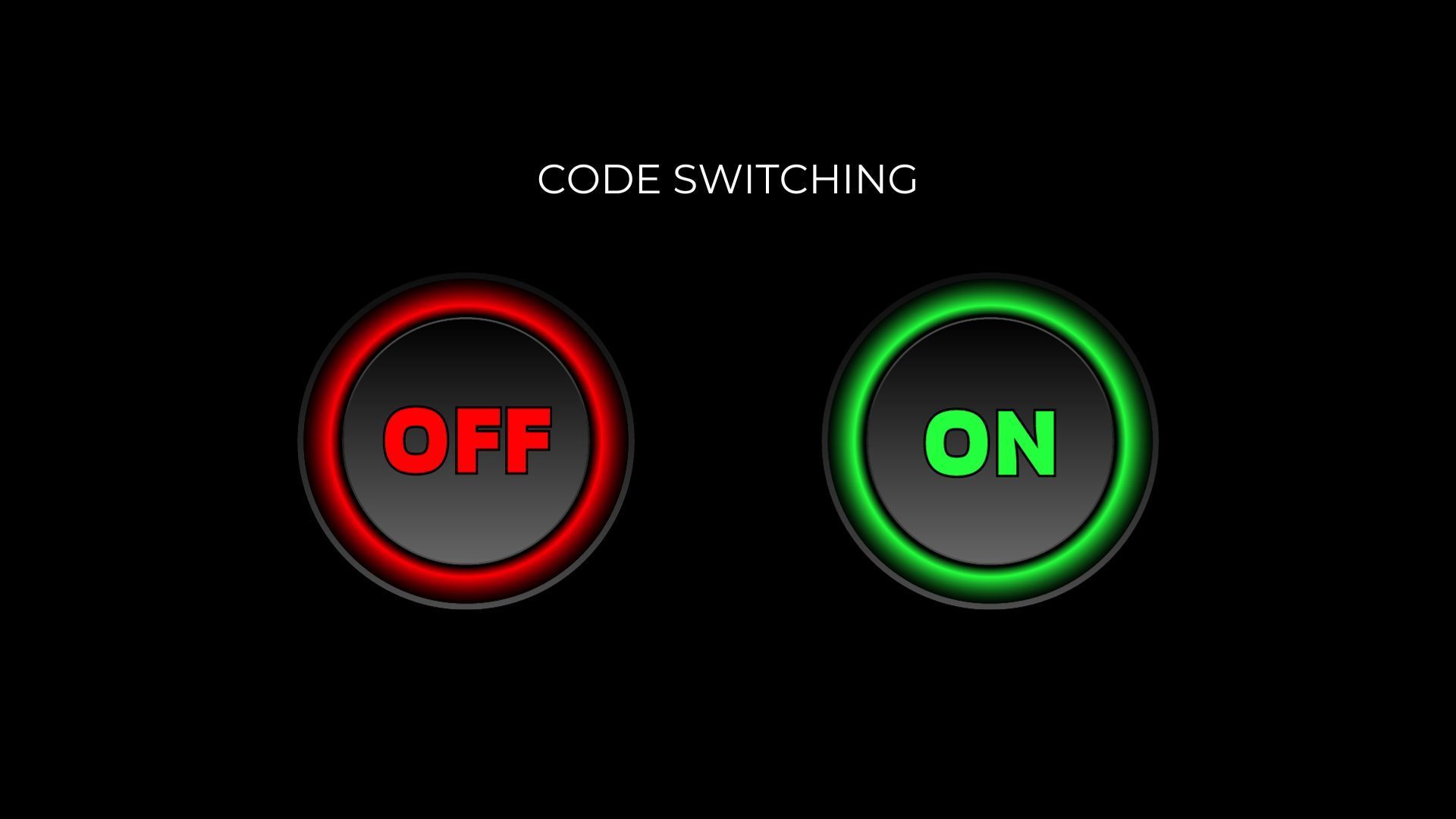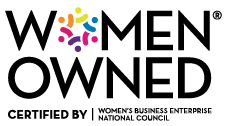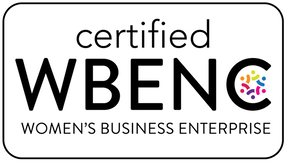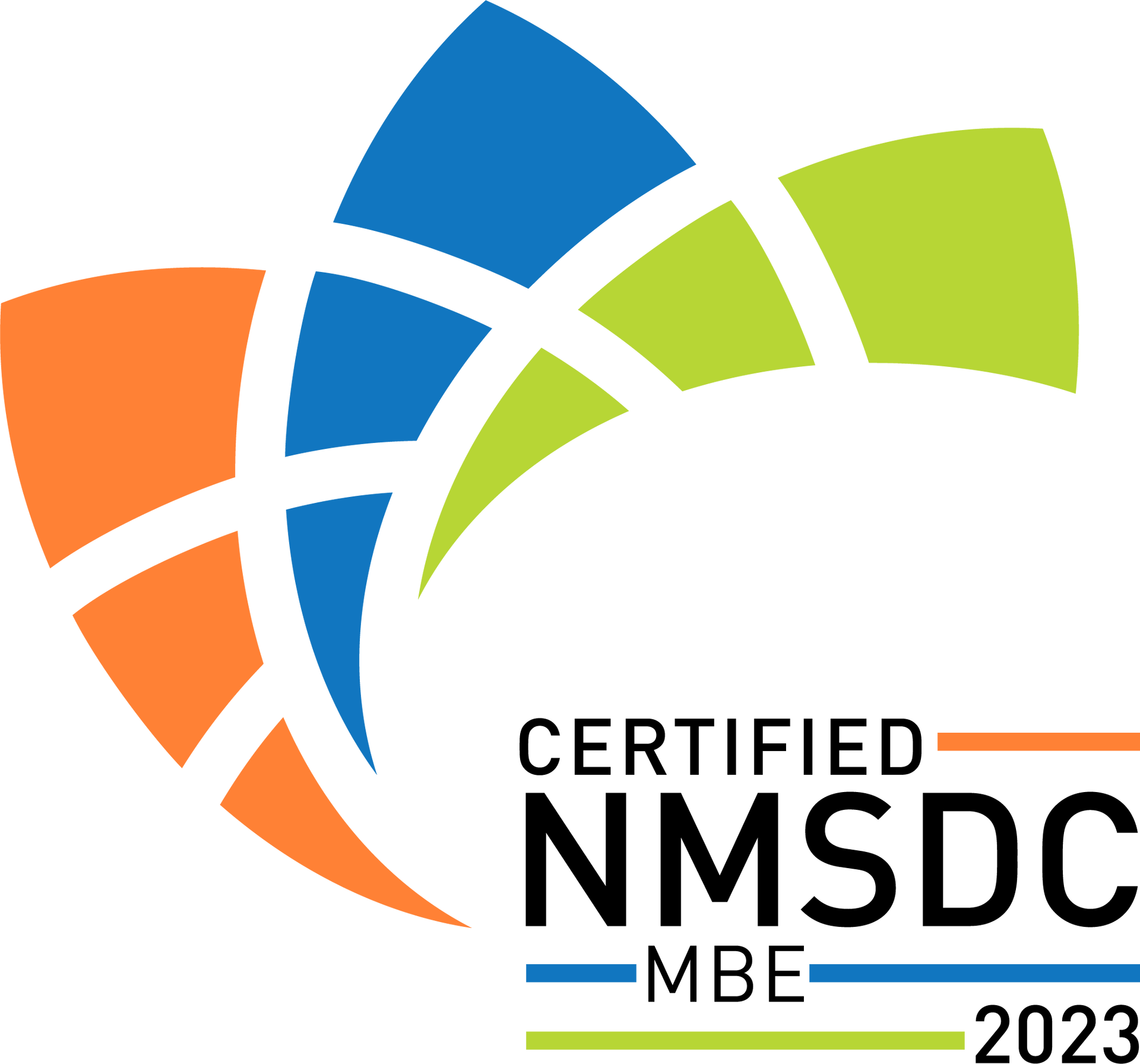“The Self-Aware Company: New Metrics in Diversity and Inclusion
Diversity and Inclusion isn’t just about increasing underrepresented talent. It’s also about overall company quality and acceptance of all things other. A company’s hiring strategy and level of commitment to diversity is important, but what it even more important is the quality and extent to which a company understands its inner workings. This includes the conditions of their workplaces and whether or not they have done a good job providing a supportive and welcoming environment for both current and future diverse employees. According to an article in Harvard Business Review," it requires measuring how often workers from different groups actually interact," as well as what those workplace interactions look like. A company that takes these interconnected and complex aspects into account is making a big step towards ensuring a diverse and inclusive company culture; this company is a self-aware company.
"Where I work my difference is always front and center. It is a hostile, untenable environment where I have to constantly watch my back. I need a new job" (Anonymous)
As a diversity recruiter, I hear comments like this day in, day out. Diverse and female candidates work in environments where they feel unwelcome, isolated, vulnerable to racial and sexual harassment and insensitivity, and passed over for promotions and raises. On top of this, they are often told they aren't good enough. A lot of companies fail to understand the organizational work needed to be done well before implementing a diversity hiring strategy. Companies must be able to candidly assess their level of readiness to accommodate these specific hires. They also need to be aware of the social and professional interactions between their current in-house employees. It is these interactions or lack thereof that can significantly impact individual employees, diversity hiring and overall company performance. As a company you should ask yourself: are authentic employee connections being made in your company that allow for a flourishing atmosphere of exchanged ideas? Are all concepts accepted and taken into consideration on current projects and campaigns? What's the current workday in a life for a diverse employee at your firm? These are all questions to ask and examine without judgement and prejudice.
"I am the only black woman at my level at my firm globally. I am constantly told I'm not good enough. I complained to HR and was blackballed by my team and eventually laid off. (Anonymous)
The ‘only one factor’, also known as tokenism, is very much alive and well in 2019. While diverse individuals and companies understand that to implement diversity hiring necessarily means there must be firsts, those who walk through the door as the face of change and acceptance tend to endure some tough times at these firms. The deplorable psychological conditions under which token employees have to work often proves damaging. I hear from candidates who want to leave the industry altogether, candidates who are desperate to change firms, candidates who walk in the door with high esteem ready to conquer the world but are beaten so bad that they leave feeling broken. Companies must do better. You can’t continue to hire token diverse candidates and not provide an internal support system wherein these individuals can unapologetically air their grievances and not be worried about being persecuted and fired. It is critical to create programs that nurture mentorship, support differences, and empower, as well as departments that are truly supportive of their diverse employees.
There isn’t a one-size-fits-all solution for companies to become self-aware, but there are realizable measures and goals most companies would benefit from adhering to. A key first step is offering unconscious bias training for employees. This must be mandatory for all employees from the CEO to the mailroom. Many companies have already implemented this measure, but the work can’t stop there. Companies must take further steps in mandating re-education training for all its employees, because understanding historical context around issues of race, class and gender is key to a company's self awareness. Also, I propose a no-excuses campaign—similar to plenty of schools’ anti-bullying campaigns—which must be strictly enforced and applicable to all employees. Speak up, no-tolerance company policies that are actually enforced show that companies will no longer accept the victimization of their diverse employees. Finally, I propose systemic education about work-ethic diversity and safe access to additional job training and remediation services as needed.
In order to accurately gauge how well diversity and inclusion is working in companies we must look beyond the numbers. You can’t simply track hiring, retention, promotion and organizational makeup. You must go beyond easy metrics and track the individual and collective interactions of your departments. That requires taking a hard look at the overall perception of the company, then at each department and its individuals.
I AM someone who sees incredible potential in places most people don't think to look. As an owner of a diversity staffing boutique, my team and I walk alongside our Clients in creating professional environments that are truly for ALL. I believe in our interconnectedness as a human race and strive every day to use my gifts to empower the workplace’s invisible and powerless. I rarely bet on certainty and always root for the underdog because, after all, those are the best stories to tell.
Hi there! Thanks for reading! Follow Angela Solomon on her social profiles! | LinkedIn: /ASolomonRecruits | Facebook: @ASolomonRecruits | Instagram: @A.SolomonRecruits | Twitter: @AS_Recruits | Pinterest: @AS_Recruits
EXPLORE OUR SITE
All Rights Reserved | A. Solomon Recruits






